The last few days were quite hectic in the gaming world after the announcement of the Game of the Year at The Game Awards: Astro Bot, by Team Asobi, took the title over other renowned names in the industry that made history this year - its competitors included Black Myth Wukong, Final Fantasy VII Rebirth, Metaphor ReFantazio, the indie surprise Balatro and the Elden Ring expansion, Shadow of the Erdtree.
Across social media and in Discord, the angry or incredulous remarks about the victory of a title that, in part, is an advergame were accompanied by a certain skepticism about the award and the jury. In our internal coverage of the event with our staff to list the main releases, my first message on the subject was: “There is a lesson to be learned from this” - yes, a lesson.
It took a while for this reasoning to be completed, and we can summarize it as follows: Astro Bot won Game of the Year because it did something or failed to do something that the other titles did. A few more minutes of pondering and the answer was that Astro Bot, in the end, won because it is a game. It seems obvious, but it is not: Astro Bot is a game which doesn't try to be anything other than that - a game.
In times where we spend hours discussing on social media how many strands of hair a character has or why someone's pants don't get wet when they go in the water, times when the art of creating video games resembles the cinematic universe, and where narratives always need to be deep, full of drama and with performances that make us feel like we're immersed in another universe, it's natural for developers to spend a lot of time trying to create the most epic experience possible for the interlocutor - if it's not like that, they won't be impressed, they won't want it, they won't buy it, and it's a high risk to make an AAA game that doesn't meet these expectations, and they involve making games a blend between cinematic and interactive.
Astro Bot goes in the opposite direction. It doesn't care about captivating narratives, cutting-edge graphics that make characters seem like real people, or exploring a gigantic open world with hundreds of hours of activities. It is happy with its identity: that of a game, contained in its own essence, interactive by nature, fun for anyone who gives it a chance to play and without having to make an effort to be anything else.
A title to remind us of what games are - after all, it is a product celebrating PlayStation's 30th anniversary - in a simple, innovative experience that tries to get the most out of the platform on which it is set in its eight or twenty hours of gameplay. A game, just a game.
What can we learn from Astro Bot? What does it tell us about the gaming industry? About games? What do we, in our revolt or appreciation, discover about our essence as a community? Are the studios trying too hard? Is the public demanding too much? Do we ultimately lose the ability to recognize a game as a game the moment it is not cinematic or mature enough?
It was hard to imagine, when it came out, that Astro Bot would create such an extensive debate about our perception of what a game means, but it is a good time to think and reflect on what kind of satisfaction we seek with video games and, ultimately, why Astro Bot captivated so many people and won the Game of the Year award while others, perhaps more aesthetically pleasing, more exciting, or with more game time, did not achieve the same result at The Game Awards.
After all, what defines a game?
By definition, a Game is an interactive system in which players engage with structured rules and objectives, using actions and decisions to overcome challenges, explore possibilities or create experiences.
Every product that calls itself a game, by essence, falls into this category of elements and begins to add others to distinguish itself: narrative, aesthetics, mechanics, genre, objective, graphics, soundtrack, etc. In the beginning, electronic games were about collecting points. Over time, the number of variables grew exponentially, and they became a multisensory experience, with several purposes and objectives.
In essence, games are still about this abstract simplicity. Team Asobi took the gamble: Astro Bot doesn't even have a proper story, or at least not one wrapped in narratives and dialogues like The Last of Us. It consists of a small robot creature traveling between maps, rescuing its friends and going through challenges while collecting coins - its premise is the same and as simple as classics like Sonic The Hedgehog or Super Mario Bros. that we knew in our childhood or youth - and it sets out to do just that, does so incredibly well, and delivers a solid and fun experience for anyone.
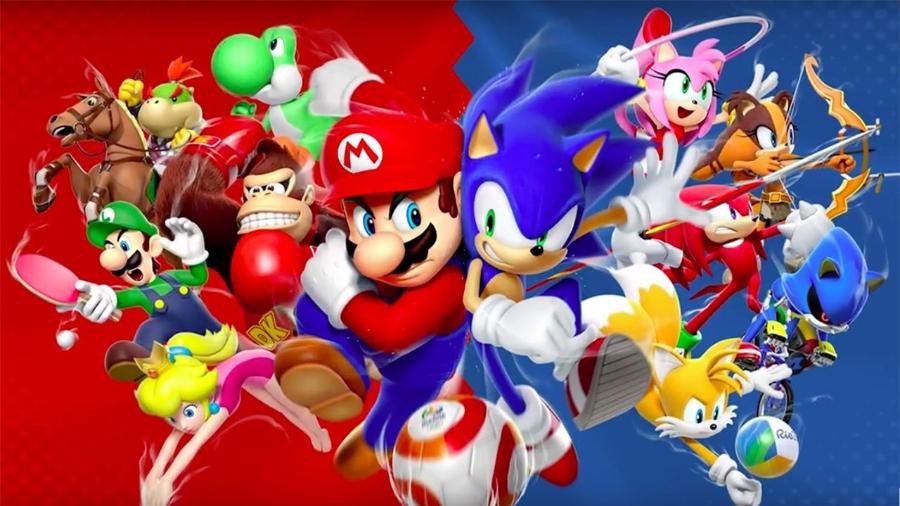
How many games today, especially those nominated for Game of the Year, aren’t geared toward a specific demographic? Even among adventure and RPG fans, games like Final Fantasy VII Rebirth, Elden Ring, or Metaphor ReFantazio cater to distinct demographics. Not everyone likes soulslikes, not everyone likes turn-based RPGs, and not everyone enjoys an expanded open world in an action RPG. Across this divide, however, there is one common sentiment: everyone likes to have fun with video games.
Astro Bot evokes this sentiment. It delivers such a creatively interactive experience that there is no barrier to entry for anyone, - from the Soulslike fan to the regular casual Fortnite player - to try out and enjoy the game. Both for adults who today make up the significant majority of game consumers and, of course, for children who will find or have already found in Astro Bot the same feeling that those born in the 80s and 90s had with Sonic, Mario, Klonoa, Crash Bandicoot, Donkey Kong, or any other platformer title whose sole purpose was to captivate and guarantee fun.
It is impossible to ignore that it also carries the legacy of the PlayStation brand with several references and easter eggs (and, therefore, is liable to be considered as an advergame). It is intriguing how a title aimed at celebrating the 30th anniversary of PlayStation has as its gameplay aspect the definition of games in their most simplistic sphere when the console, in its first iteration, was the protagonist of one of the biggest hardware leaps in the history of the industry, whose history contributed to the construction of more elaborate, complex and visually stunning universes and narratives.
Are we demanding too much and, consequently, trying too much?
As in other areas of the human relationship with the interactive digital environment, the times of simplicity in games have been replaced by complex and more elaborate demands. In a world where we compete for the number of hairs an engine can offer or how many frame rates per second a game has while maintaining stable graphics, the gaming community might have forgotten what it is like to enjoy a title for what it really is.
When Astro Bot's Game of the Year win was announced, I looked for logical answers to that fact in two elements: what this game did that the others didn't and what the other games did that this one didn't. The answer to the title's deservings should be connected to these questions.
Some might mention how what Astro Bot did that the others didn't was to carry on the 30-year legacy of PlayStation. This weight affects the nostalgia glasses of any gamer who grew up with Sony consoles, but it wasn't the only one in this category: Final Fantasy VII Rebirth is also a game shrouded in nostalgia, as it is the remake of one of the most successful titles of the first generation of PlayStation - much of the positive feeling of Rebirth for fans, in fact, is due to the way it deepens the relationship between the player and the characters they have known for many years.
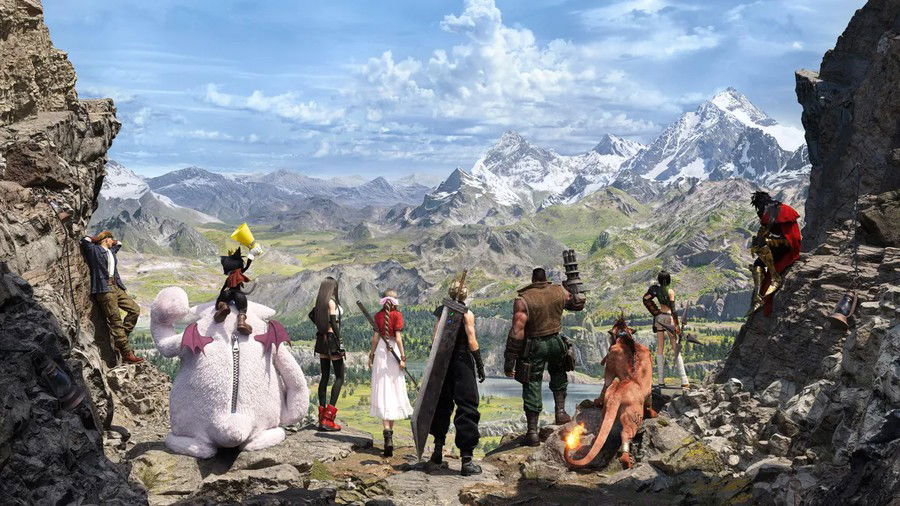
As we mentioned above, another point where Astro Bot stood out was in its simplicity. It limits itself to being a game. It doesn't try to emulate a movie experience, it avoids being stressful or overwhelming its player with information and tasks, it's challenging enough without alienating its audience, and it's happy to do what it sets out to do well rather than trying to do too much.
So, were the other games trying too hard?
Last semester, when I was writing about how Ghost of Tsushima is still one of the most aesthetically stunning games of the generation, I talked to a colleague who works in game design. In the midst of explaining the production of Ghost of Tsushima and the little tricks used there, he also commented on the audience's relationship with games and how this affects the production ecosystem.
One of his phrases stuck in my mind: “Most of the Triple A titles are made up of an element that worked before for someone else, covered in a new skin”. The example he gave at the time was The Last of Us and God of War / God of War: Ragnarok - titles in which the protagonist needs to protect someone while he sets out on a journey of discovery. In this one, this someone will be a helper for some challenges, but also one of the narrative obstacles. The conflicts between the protagonist and his protégé permeate the journey.
This trend is far from new. It has always been like this. The difference is that, with the demands of the public, the development time is shorter - after all, if you deliver the product promised in 2025, the following year it may be dated - and the production costs are much higher.
Producing a game has become a bigger risk, and if you do it wrong, there may not be another chance for you. Titles like Balatro are exceptions - most Indie games don't even get released - and the risks for larger companies focused on AAA titles, if they don't meet the expectations of their audience, also exist and have severe consequences.
These expectations usually fit into three axes:
Every Triple-A game will, by nature, try to meet these demands in some way. Some will focus more on one spectrum than another, but all the elements will be there, and what sets them apart is the execution and complexity of each one. It is possible to have ten FPS variants announced in a single day, and all of them will meet different demographics and target audiences through their narrative and visual aesthetics.
Other Game of the Year nominees, such as Black Myth Wukong or Final Fantasy VII Rebirth, are extremely solid in these three categories: their graphics are some of the best delivered in 2024, their gameplay is satisfactory for the demographics that are interested in their respective styles of play, and their narratives are well-structured, with ups and downs common to any plot.
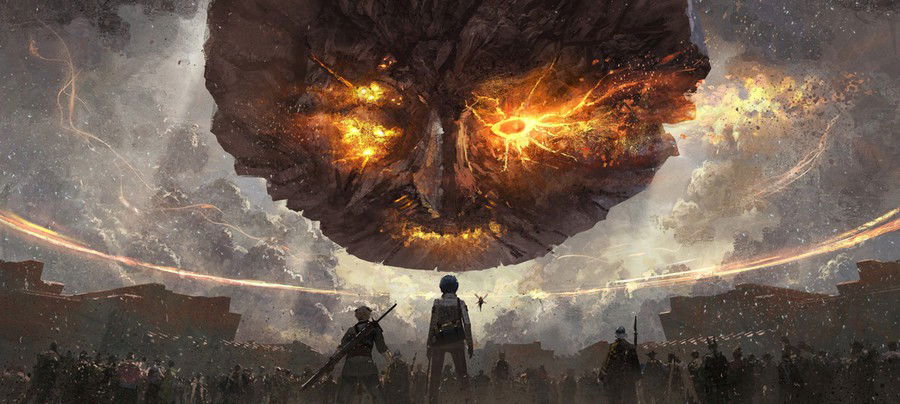
And then there's Metaphor: ReFantazio. Its graphics may not appeal to every demographic of gamers (despite being an example of aesthetic menus), and its RPG niche is even more limited than titles like the aforementioned FFVII Rebirth. What Metaphor did better than all the other was delivering a purpose: its narrative speaks to our world, to our reality and the conflicts we face - it's a story about the dilemma of democracies, but also about the fine line between fantasy and reality, the idealism of utopia and the harshness of human relationships. It's historic, but it's no surprise that it won the award for Best Narrative.
In this eternal supply and demand for increasingly visually detailed, complex games with captivating narratives, perhaps the Triple A industry has, in part, moved away from the things that make a game what it is. We are stuck in a loop of seeking similarities with cinema, drama and spectacle, and in the process, we have deviated from those small elements where we find our passions for games.
The various discussions on social media about Astro Bot and the fact that it won Game of the Year, despite being only an eight-hour game, only demonstrate how we have lost our way along the way. Yes, we want exciting stories and graphics that allow us to immerse ourselves in those incredible worlds that we visit on our machines, but we are also losing sight of what a game should mean, while Astro Bot reminds us of what video games are about.
Only eight hours may not seem like much, but eight hours spent with your children, friends, family, or by yourself in a moment of inner peace are worth as much as a hundred hours of exploration or forty hours of fighting. Those eight hours, which you can replay whenever you want, can mean much more to the bonds you have off-screen, or to your mental health.For many, Astro Bot is a reminder of simpler times, the nostalgia of iconic figures for those who followed the evolution of PlayStation over these 30 years, a universal title which communicates with both adults who are now parents and their children, a work capable of uniting people from different generations through nostalgia or simple gameplay, but extremely dedicated to the console on which it was inserted and, let's face it, it was the best family game of the year.
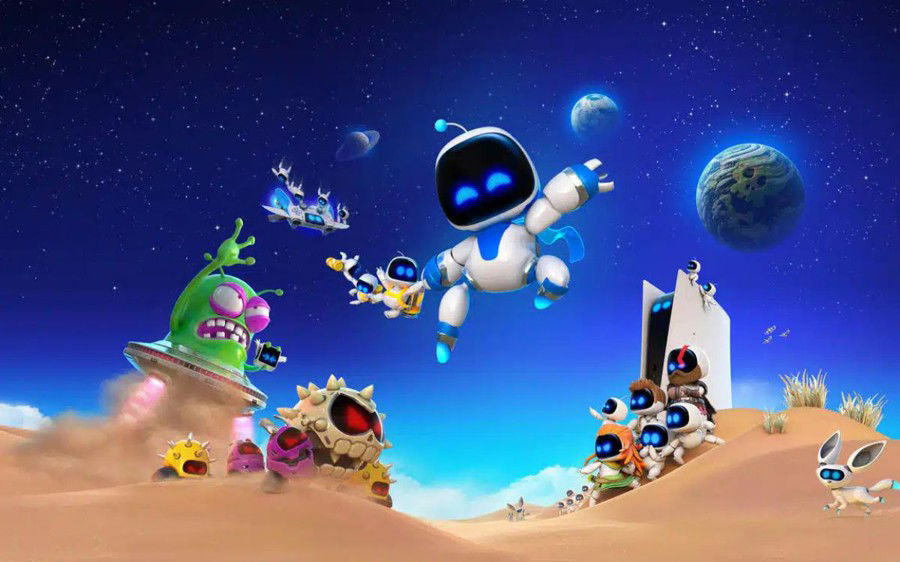
This may not be the Game of the Year that many wanted, but it is the game an increasingly chaotic, demanding and divided world needed. One that leaves a lesson that goes beyond deep narratives to speak to us, here in the real world, about what made us love video games and what brings new generations of players to discover incredible universes to begin with.
At the end of this text, I conclude that Astro Bot was not awarded just for its fun gameplay or for carrying on the legacy of the PlayStation brand - it is the 2024 Game of the Year because, through all its aspects, it ensures that despite all the diversity and differences this complex world creates, games are for everyone, and many unions and moments of fun and calm can happen with games.
It is the game for you to play alone, or with your family, or with your friends, loved ones, and whoever else you want - Astro Bot, unlike its competitors, is a game for everyone, and if it leaves a lesson for the industry, it is that games can bring people together and be incredible while being just that - games.








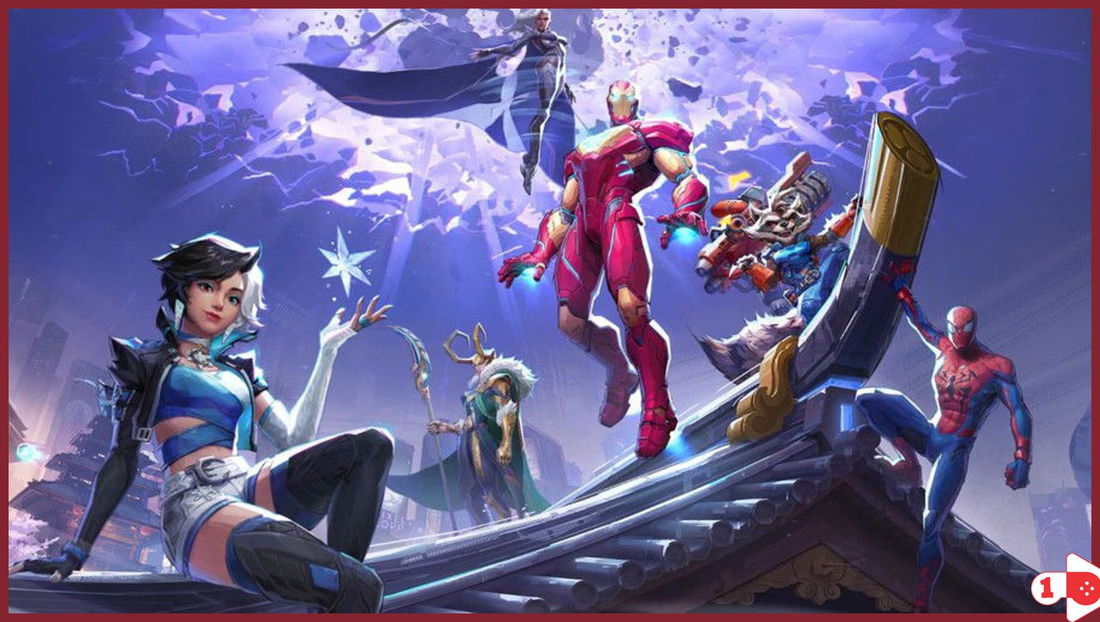




— Comments 0
, Reactions 1
Be the first to comment